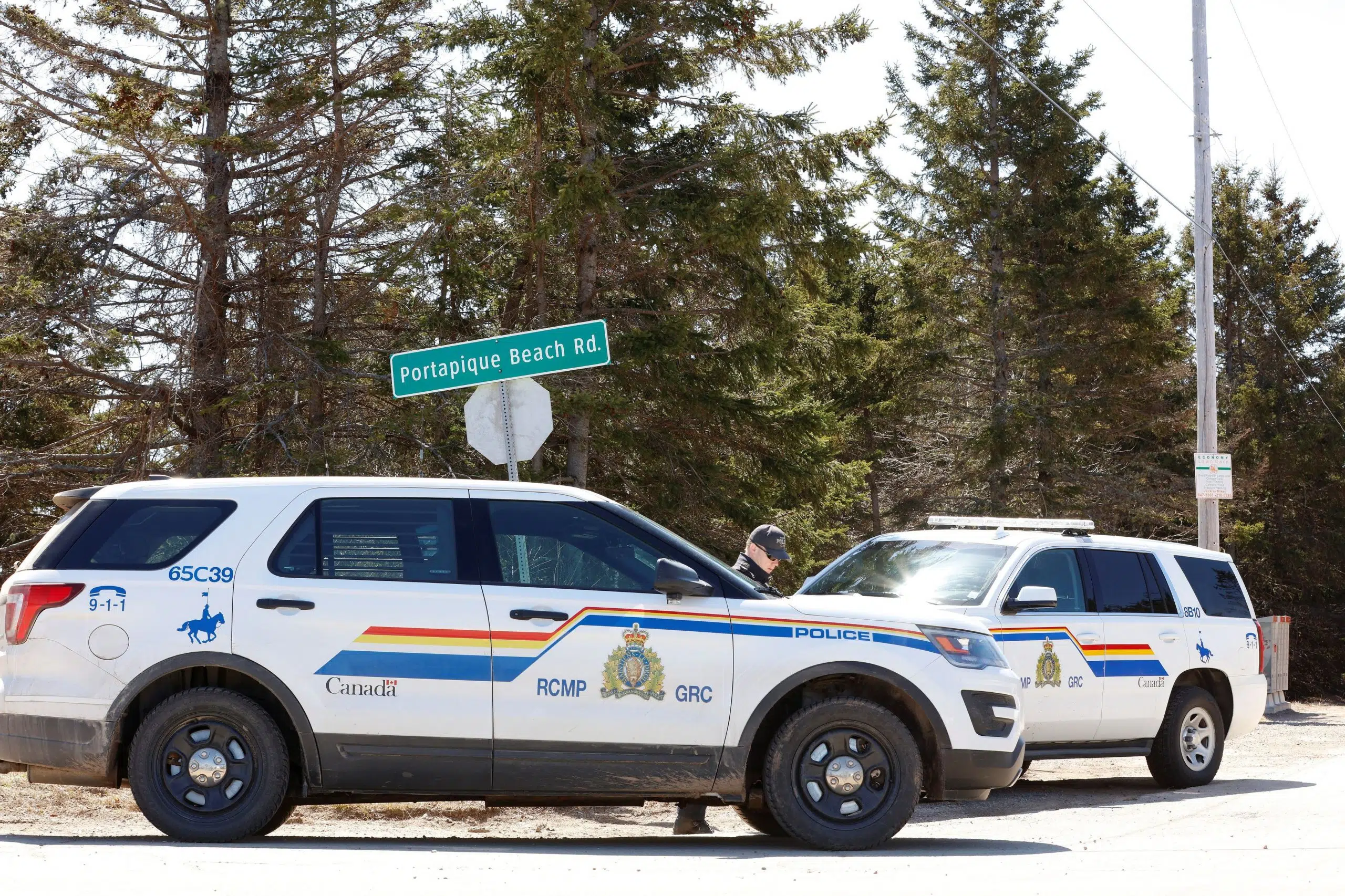The inquiry into the Portapique mass shooting must look at a wider scope of issues than just the initial police response, says a national RCMP union.
In a release, the National Police Federation says the recently debated joint inquiry by the federal and Nova Scotia governments should also look into the shooter’s past record of possible domestic abuse, mental health issues and whether or not he had access to mental health support.
“When a tragedy like this occurs, it’s short-sighted and insufficient to only look at the hours requiring an urgent police response,” said NPF president Brian Sauv.
“If the goal of the review is to identify and understand all contributing factors and prevent future mass tragedies, the review must take a broader approach and look at all timelines and impacts that led to the culminating horrific act.”
Both the federal government and the province have been debating back and forth on who will lead an inquiry into the shooting. Despite justice minister Mark Furey committing to some sort of inquiry into the event, he has said the province will not lead it, with Premier Stephen McNeil motioning for Ottawa to take the lead.
When the inquiry happens, the federation is pushing a set of nine questions to be included.
Those includes:
- What other interactions did the shooter have with provincial or federal agencies during their lifespan, and what were the nature of those interactions?
- Did the shooter undergo any previous psychiatric assessment, and if so, what was the result or follow-up?
- How did the shooter gain access to illegal weapons, their origin and what increased measures need to be put in place to stop illegal weapons from coming into Canada?
- Has the shooter ever been charged with any other offenses, been subject to any probation ordered by the courts, and was it completed?
- Did the shooter have a history of domestic abuse, and how was this addressed by the courts or government agencies?
- Were there any services that could have prevented this tragedy which were unavailable due to COVID-19 restrictions?
- Has the funding model of the RCMP been reviewed and appropriate budget requests for manpower, training and equipment been implemented? Is there adequate funding to provide the level of service that Nova Scotians want?
- Did the shooter have sufficient access to mental health supports and programs throughout his life and what improvements to adequate health supports are needed to improve reach and use?
- Given the above, were existing laws and policies under which police operate sufficient to protect the public?
Sauv said the union supports an inquiry that will help prevent such an event in the future, but focusing on only the police’s immediate response to the shooting is counter intuitive.
“If there are lessons to be learned about preventing or responding to situations like this in the future, the NPF supports a review to identify those improvements,” he said.
“But it is woefully inadequate to tell the brave men and women who are asked to respond to an active shooter situation that all that matters is the short period of time during which they are actively pursing the shooter and protecting the public.
“This approach ignores the factors that lead to a high-risk and volatile individual slipping through the cracks of our often chronically under-funded and under-resourced social support system for years.”









